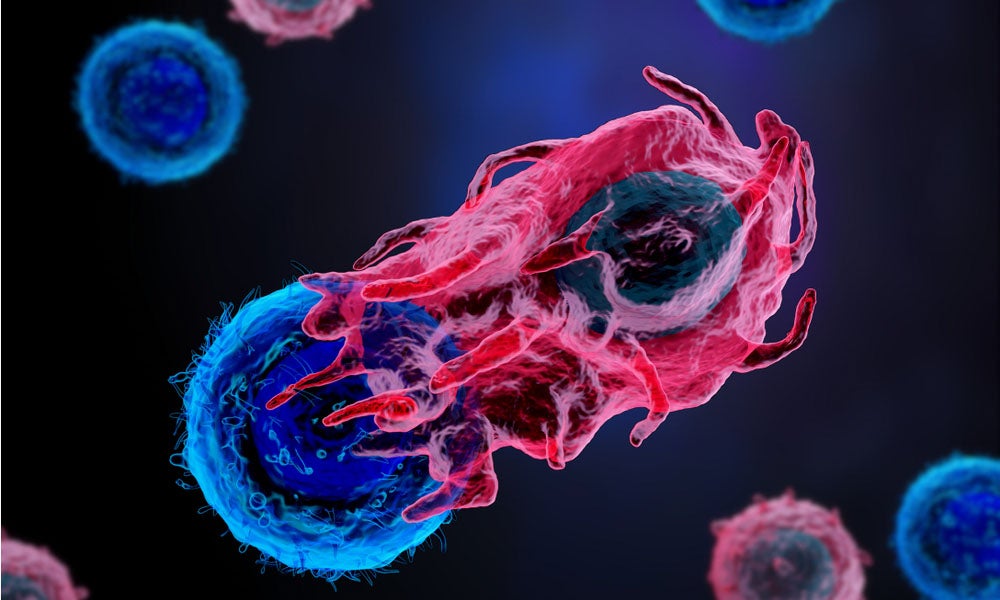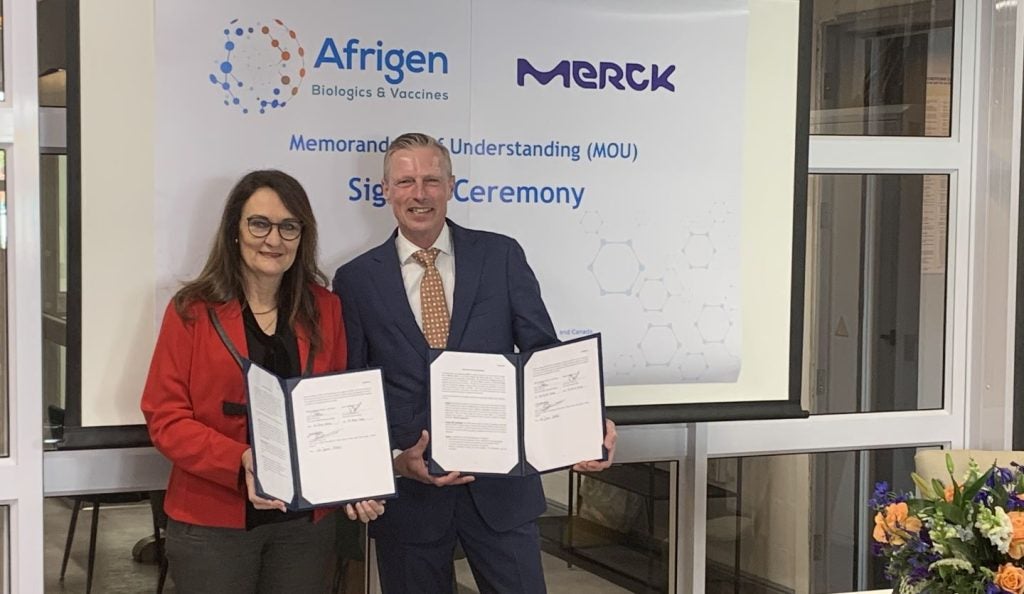CureVac has announced a restructuring plan aimed at sharpening its focus on high-value messenger RNA (mRNA) projects, particularly in the field of oncology and areas with unmet medical needs.
The move involves a workforce reduction of 30%, streamlining the company to foster technological innovation and development.
The restructuring follows a new licensing agreement executed with GSK, valued at €1.45bn ($1.56bn) plus royalties.
GSK will take over the development, manufacture and commercialisation of vaccines for Covid-19 and influenza, including combination vaccines.
CureVac anticipates a reduction in operational expenses by more than 30% from next year, including a €25m decrease in personnel costs.
The company estimates it will incur one-time restructuring charges of around €15m, related to employee severance and associated expenditures, expected in the fourth quarter of 2024.
These charges are based on assumptions including local legal requirements, and actual costs may vary significantly from the estimates.
The cost savings, coupled with an upfront payment of €400m and potential milestones up to €1.05bn plus tiered royalties from the GSK deal, are expected to extend CureVac's financial runway into 2028.
CureVac CEO Dr Alexander Zehnder stated: “The new GSK agreement not only provides substantial financing but also allows us to streamline our operations and focus on technology innovation, research and development.
“It enables us to prioritise our oncology programs and further leverage our technology in other areas where mRNA is uniquely suited to develop novel treatment approaches.
“While the 30% workforce reduction is a difficult decision on a personal level, I am convinced that this is a necessary step to ensure the long-term success of CureVac.”
CureVac plans to release data from the Phase I clinical trial of its cancer vaccine candidate, CVGBM, to treat glioblastoma, in the second half of 2024.
The company also intends to have two clinical candidates for shared-antigen cancer vaccines in both solid tumour and haematological cancers by the end of 2025.
















